Thankfully, not all science experiments go according to plan. Some of the world's best inventions were created by accident.
1. Vulcanized Rubber
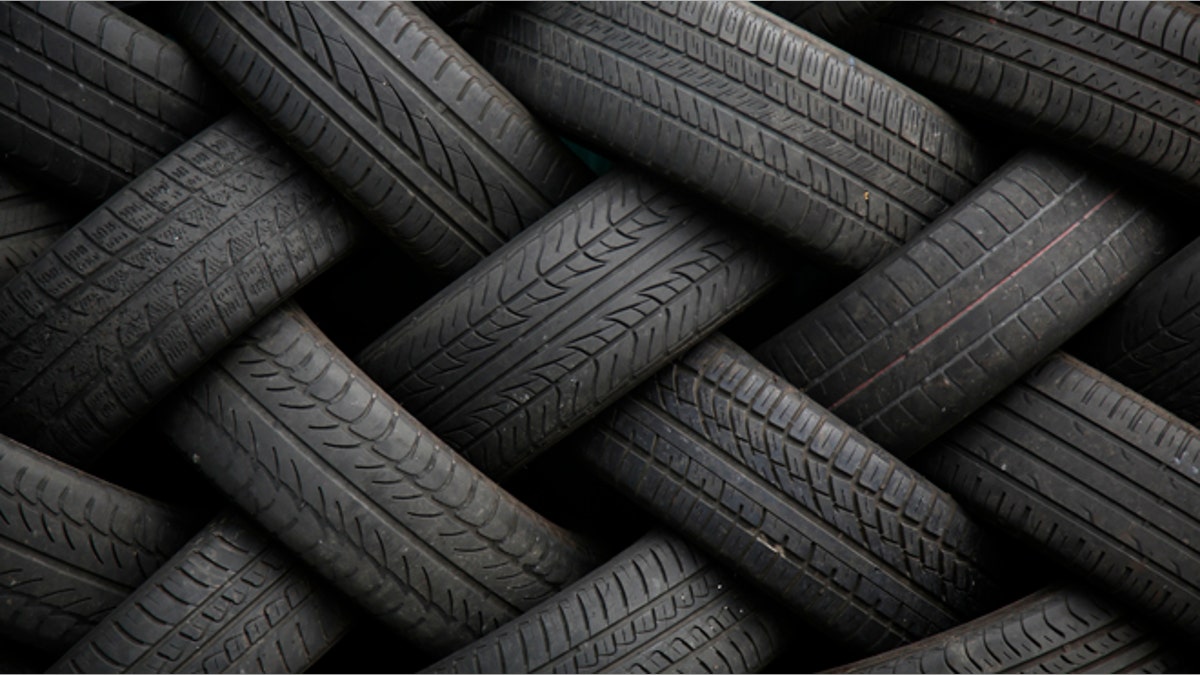
(Reuters)
In the mid 1800s, natural rubber was used for many things such as waterproof boots, but the material was not immune to extremely hot or cold weather.
Manufacturers began to give up on rubber but one man saw the potential in the material. Charles Goodyear began experimenting different ways to make rubber more durable, but it wasn't until one day when he accidentally dropped his rubber concoction on a hot stove that he discovered the process of vulcanization.
Vulcanization makes rubber more durable and weatherproof. Goodyear did not live to reap the benefits of his discovery and died with $200,000 in debt. Fortunately, his legacy lives on in the Goodyear Tire and Rubber Company.
2. Teflon

(Williams-Sonoma)
Teflon or as scientists call it Polytetrafluoroethylene was accidentally discovered in 1938 when Roy Plunkett was researching ways to make a new refrigerant without using chemicals like ammonia and sulfur dioxide.
One day he opened a container with one his samples and found that the gas he expected to see was gone. Instead, he was left with a slippery resin that was heat resistant which we use today on nonstick cookware.
3. Microwave Oven
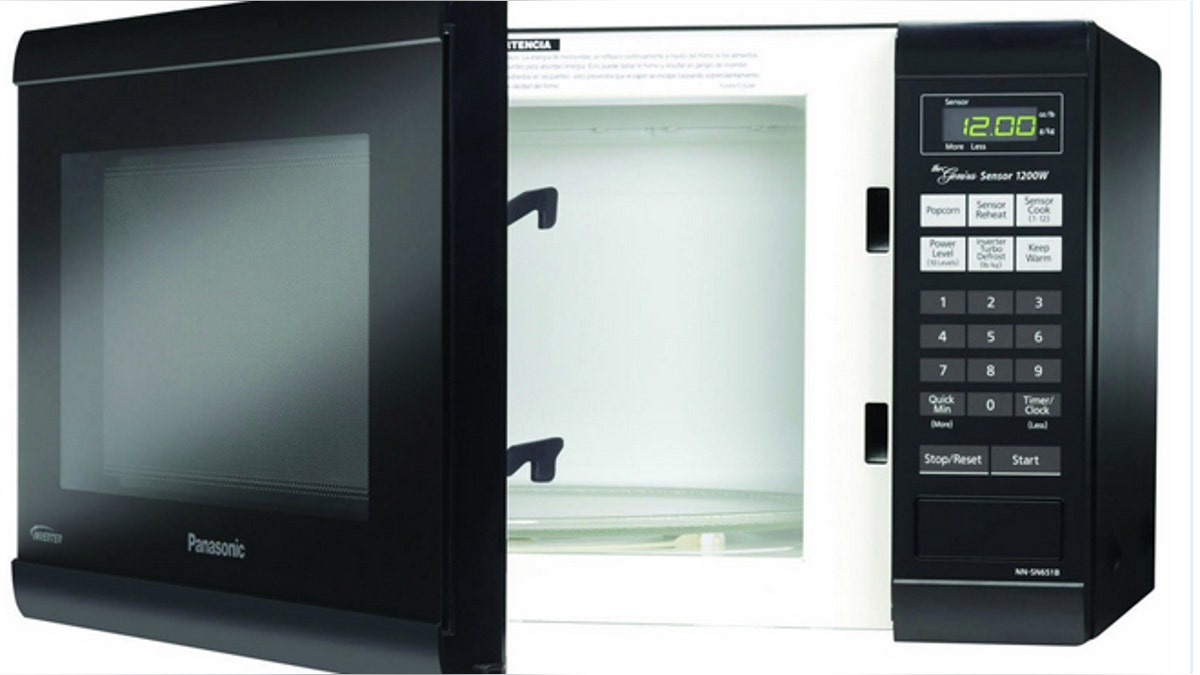
(Panasonic)
When American engineer Percy Spencer noticed his chocolate bar had melted in his pocket while he was working in front of a magnetron, he knew he was onto something. A magnetron is a vacuum tube used to generate microwaves.
After more experimentation, Spencer created the first microwave oven in 1945 but it wasn't until the 1960's that microwaves made their way into American homes.
4. Velcro
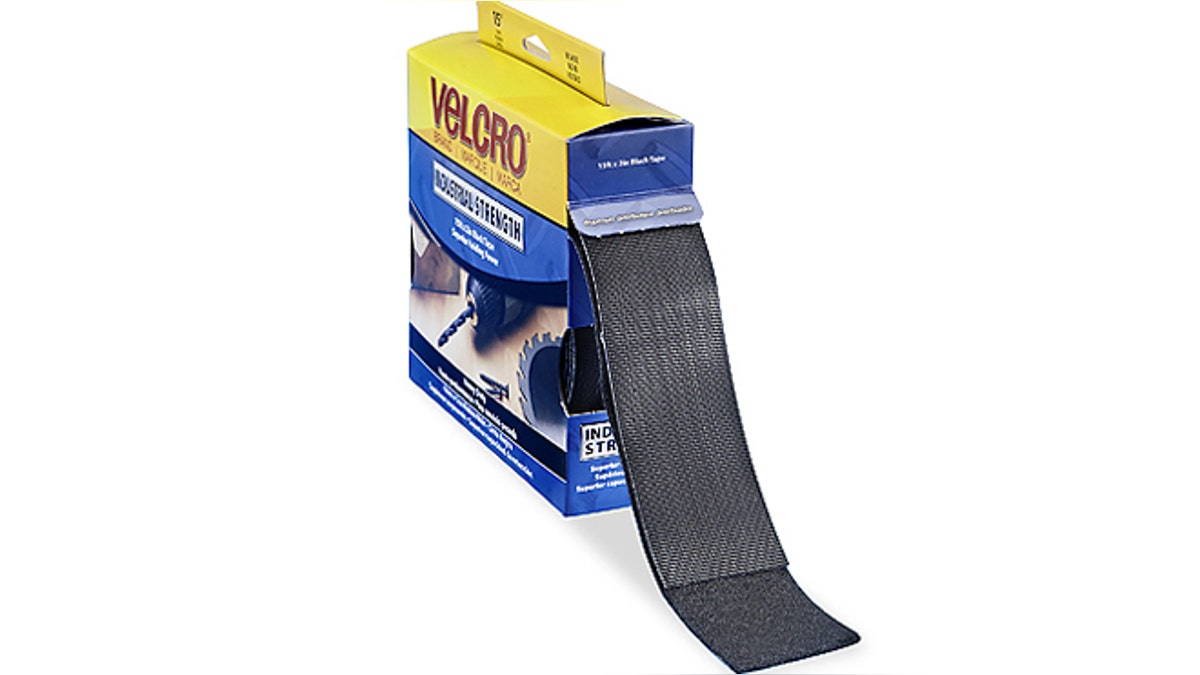
(Uline)
Swiss engineer Georges de Mestral was enjoying a hiking trip in 1941 when he noticed Burdock burr seeds sticking to his clothes and his dog's fur.
He decided to investigate what caused the seeds to stick and he found that the burr's hooks stuck to anything that was loop-shaped. He began to work on recreating the loops and ended up inventing Velcro.
5. Radioactivity
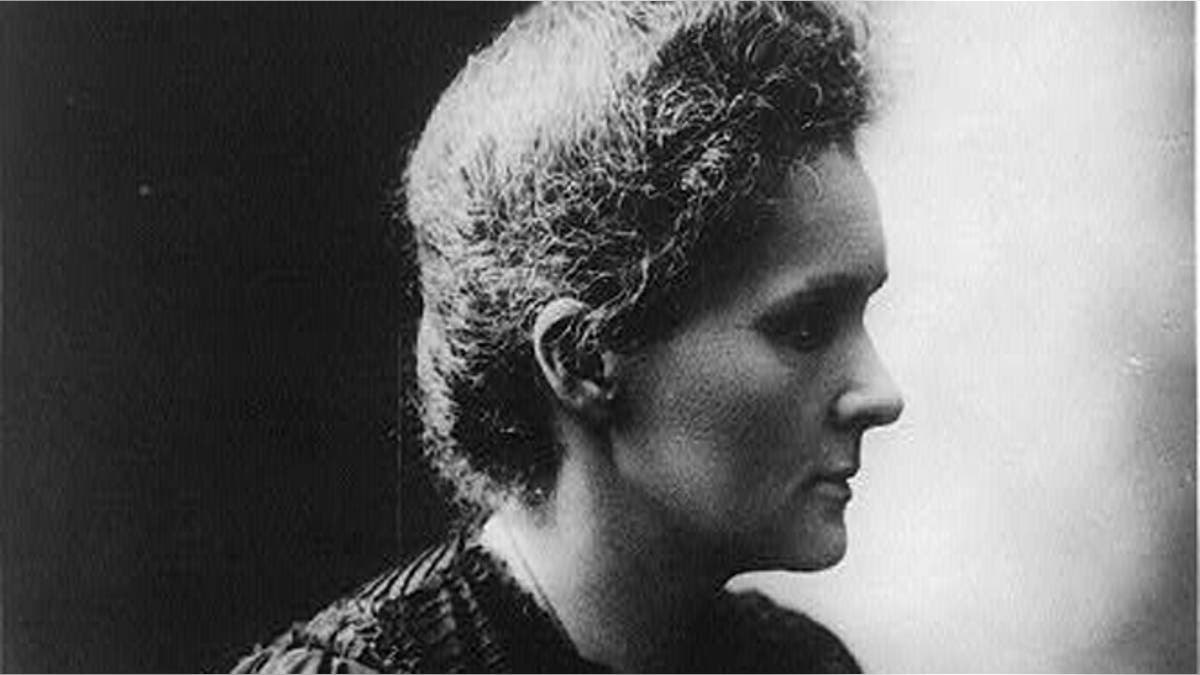
(Library of Congress)
French scientist Henri Becquerel was working with uranium-enriched crystal when he accidentally discovered what we know today as radioactivity. It wasn't until Marie Curie and her contemporaries that the world began to understand the full potential and dangerous sides do radioactivity.
6. Penicillin
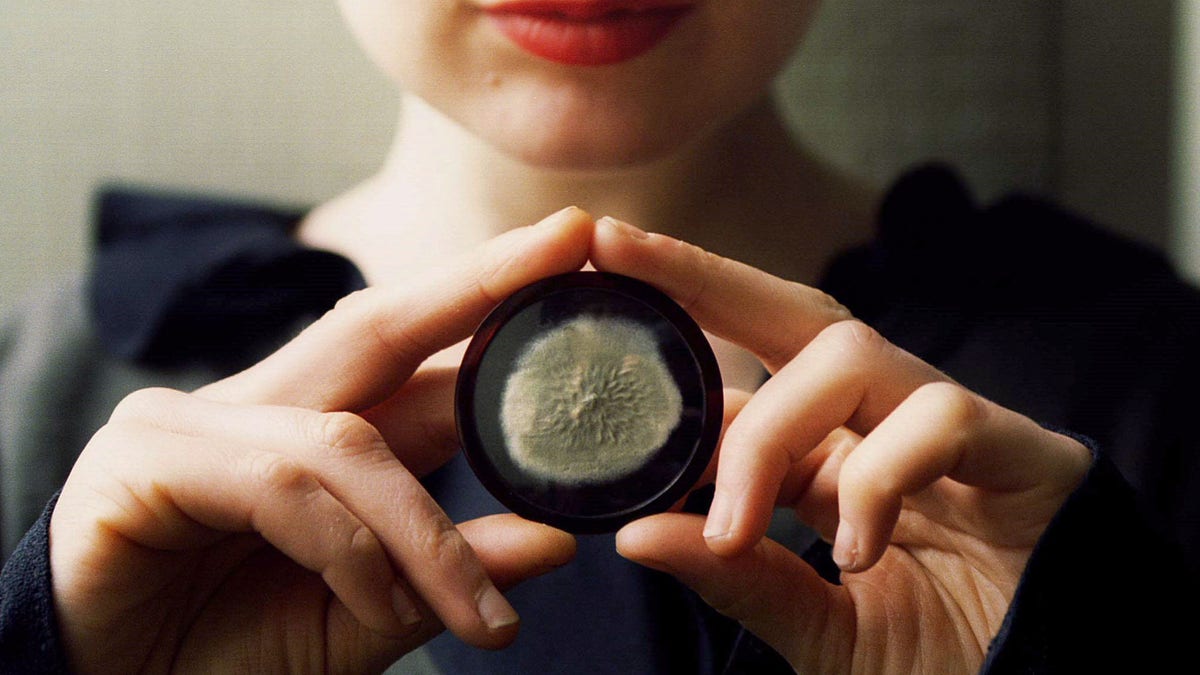
Scottish biologist Alexander Fleming returned from a summer vacation to discover a strange fungus had developed on a culture he left in his lab.
The fungus had killed off all of the staphylococci bacteria in the culture. His discovery of what we know today as penicillin is responsible for saving millions of lives across the world.
7. Viagra
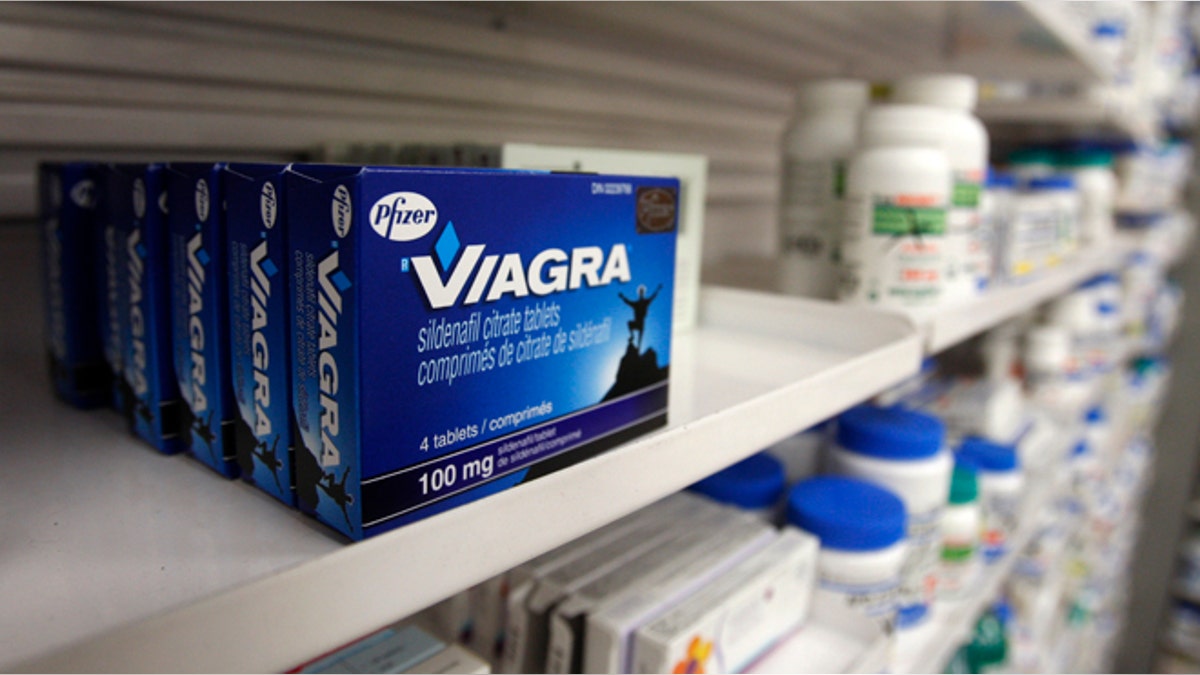
(Reuters)
Viagra was originally created to help relieve chest pain and high blood pressure. However, when pharmaceutical company Pfizer began clinical testing they discovered their drug was better at treating erectile dysfunction than it was at helping with heart issues.
8. Play-Doh

(Hasbro)
In 1955, Joseph and Noah McVicker were working on creating a wallpaper cleaner. Instead, they ended up inventing the iconic children's toy Play-Doh.
9. Saccharin
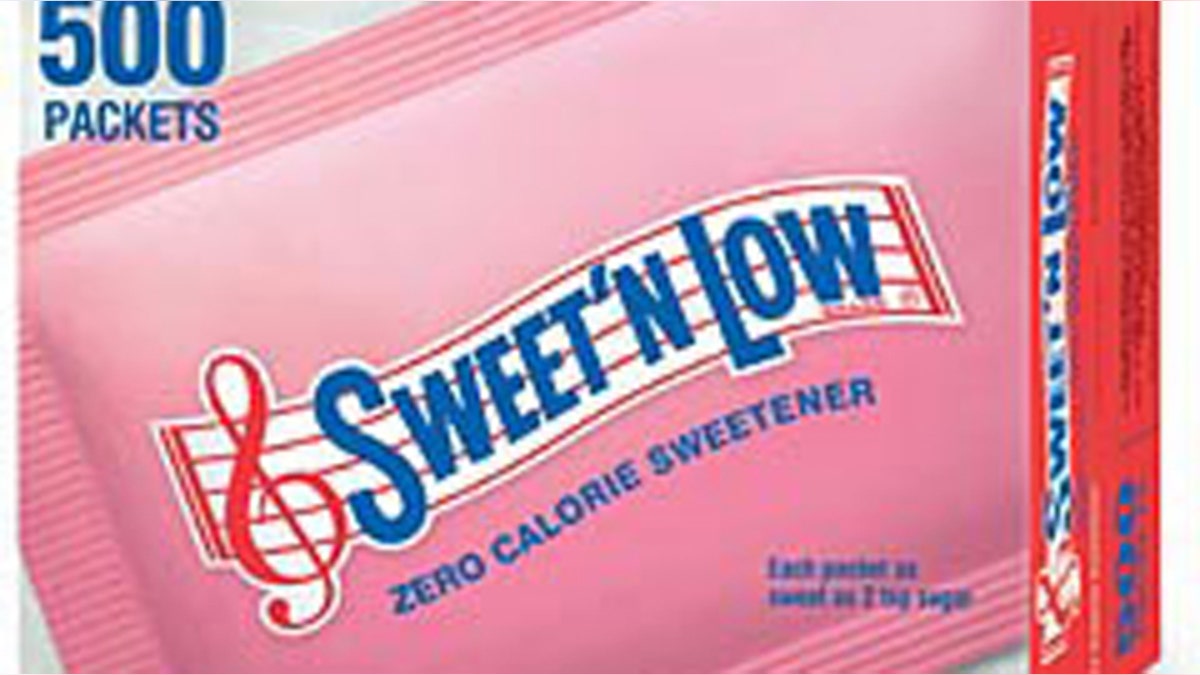
(Sweet'N Low)
Saccharin is an artificial sweetener used in products like Splenda to sweeten drinks and foods without the added calories. The sweetener was accidentally discovered in 1879 when researcher Constantine Fahlberg forgot to wash his hands before lunch after working in a Johns Hopkins lab.
He had spilled a chemical on his hands which caused the bread he was eating to taste sweet.
